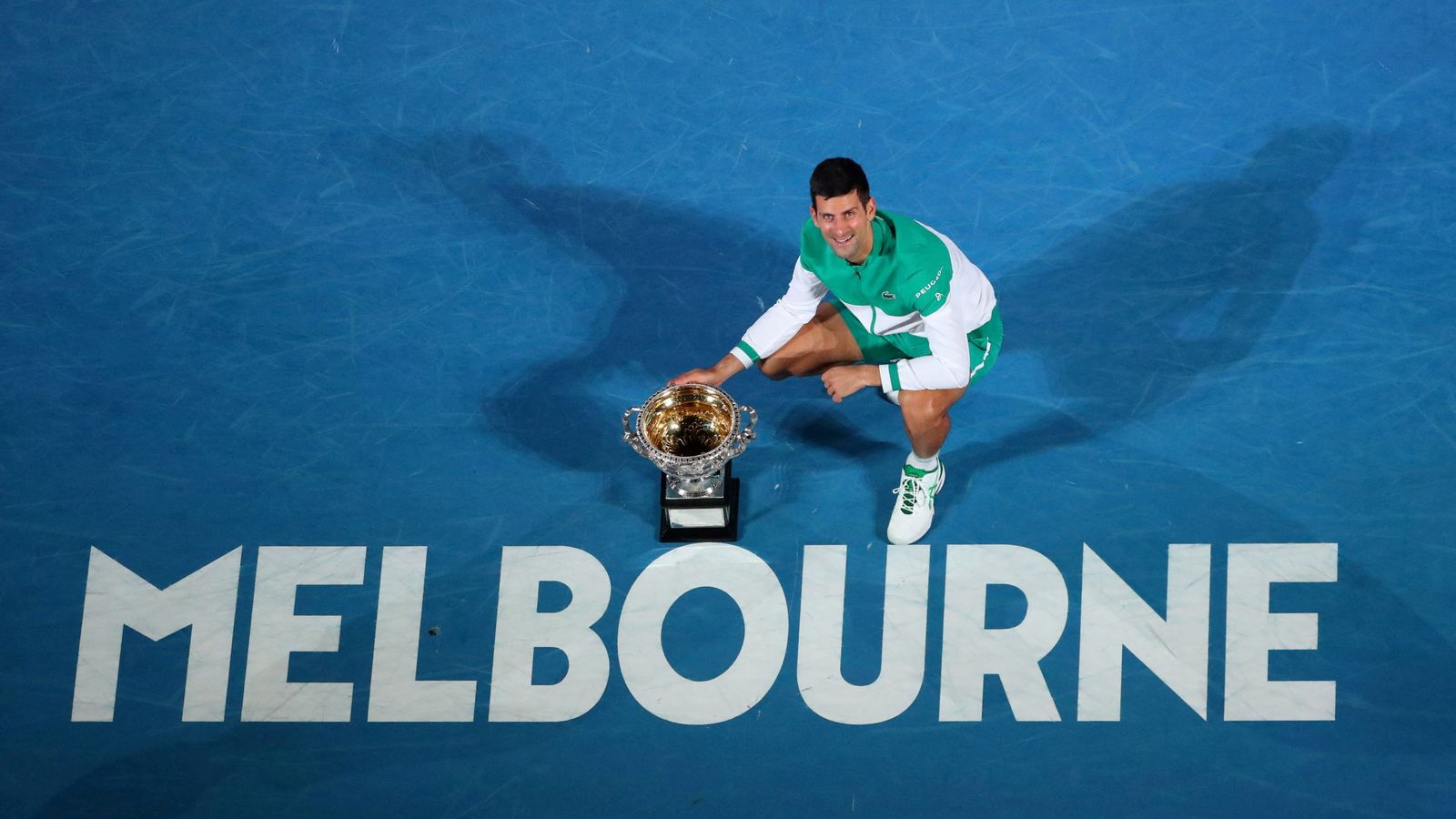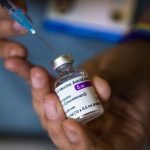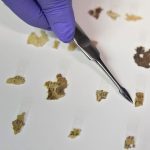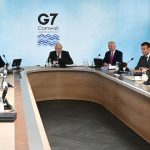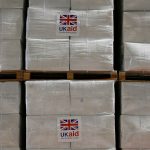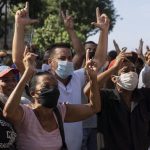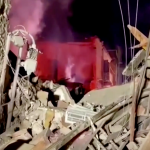Both sides in the fight over whether Novak Djokovic should be allowed to enter Australia have now set out the arguments they plan to use in court.
The hearing, which starts at 10am local time in Australia (11pm UK), and is expected to finish hearing evidence at around 5pm (6am UK), will be virtual, but will be held under the Federal Circuit and Family Court of Australia.
What follows are the main arguments each side will present:
Novak Djokovic
The tennis player says he should have been allowed to enter because he had “been recently infected with COVID in December 2021 and on this basis… was entitled to a medical exemption in accordance with Australian government rules and guidance”.
Papers filed with the court say the 34-year-old received a letter from Tennis Australia’s chief medical officer on 30 December “recording that he had been provided with a ‘medical exemption from COVID vaccination’ on the grounds that he had recently recovered from COVID”.
The filings showed that Djokovic tested positive for COVID-19 on 16 December and, on the day the letter was sent, it confirmed the player “had not had a fever or respiratory symptoms in the past 72 hours”.
Novak Djokovic pictured with young players the day after lawyers say he tested positive for COVID
Novak Djokovic: Gluten-free food deliveries, exercise equipment and a SIM card to contact family – the conditions in tennis star’s immigration detention
Novak Djokovic: ‘Caged’ star will be fearsome if he is allowed to play at Australian Open, says fellow unvaccinated player Sandgren
His lawyers argue Australian government rules say people can be exempt from needing a vaccine when someone has had a “PCR-confirmed SARS-CoV-2 infection” within the last six months.
Tennis Australia’s exemption certificate was provided by an Independent Expert Medical Review panel commissioned by the body, which was endorsed by an independent Medical Exemptions Review Panel of the Victorian State Government, the filing said.
Then, on 1 January, Djokovic obtained a document from Australia’s Department of Home Affairs in relation to his Australian Travel Declaration which said that his application “‘[had] been assessed’, and ‘[his] responses indicate[d] that [he met] the requirements for a quarantine-free arrival into Australia where permitted by the jurisdiction of your arrival”.
His lawyer claim the jurisdiction it refers to is the state of Victoria.
Another filing said their client was sleep-deprived and pressured by Australian officials to cancel his visa after being detained at Melbourne airport.
The legal team also appealed on the grounds that the decision had been unfair, had not rationally taken extenuating circumstances into consideration, and on various other technicalities.
Please use Chrome browser for a more accessible video player
The Australian state
The Australian department of Home Affairs is relying on its assertion it had not given Djokovic an assurance a medical exemption he said he had to enter Australia without a COVID-19 vaccination would be accepted.
In response to the tennis player’s claim that his travel declaration form indicated he met the conditions for quarantine-free arrival, government’s legal team said in a court filing: “There is no such thing as an assurance of entry by a non-citizen into Australia. Rather, there are criteria and conditions for entry, and reasons for refusal or cancellation of a visa.”
It said the document he had received from Home Affairs was not an assurance “that his so-called ‘medical exemption’ would be accepted”, and it remained the case that his responses could be questioned and verified on his arrival.
The government also challenged Djokovic’s claim he was eligible for a medical exemption on the basis he had contracted COVID-19.
It pointed out that the list of people who could avoid a vaccination if one was required only applied if people who claimed a temporary exemption had suffered from an “acute major medical condition”.
The government’s court filing says: “There is no suggestion that the applicant had ‘acute major medical illness’ in December 2021. All he has said is that he tested positive for COVID-19. That is not the same.”
There is no indication so far as to whether the government plans to introduce evidence that has emerged in the media that may impact on claims about whether he had an acute illness – including a photo of him meeting with children in Serbia apparently on the day after he tested positive.
Please use Chrome browser for a more accessible video player
But a key remaining thrust of the government’s case appears to be a section of immigration law that says that an official “may cancel a visa at any time” if they believe that “the presence of its holder… may be, or would or might be, a risk to… the health, safety or good order of the Australian community”.
Sydney-based immigration law specialist Christopher Levingstone told Sky News: “If you are granted a visa, it is at best in invitation to present yourself at the border and then be considered for entry. A visa is no guarantee.”
